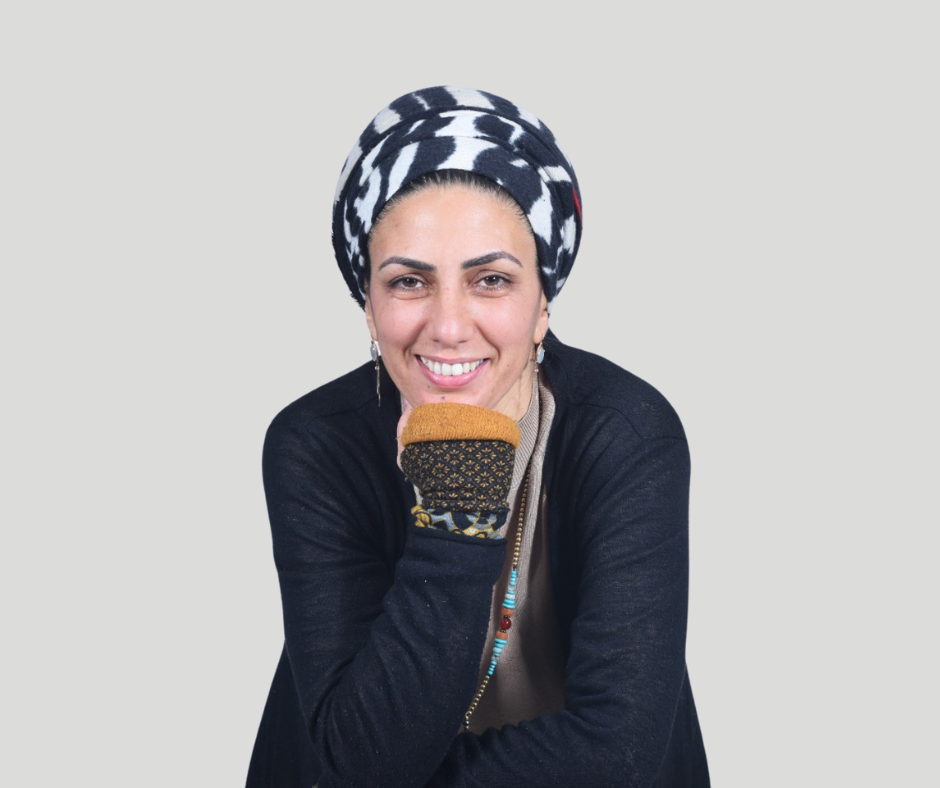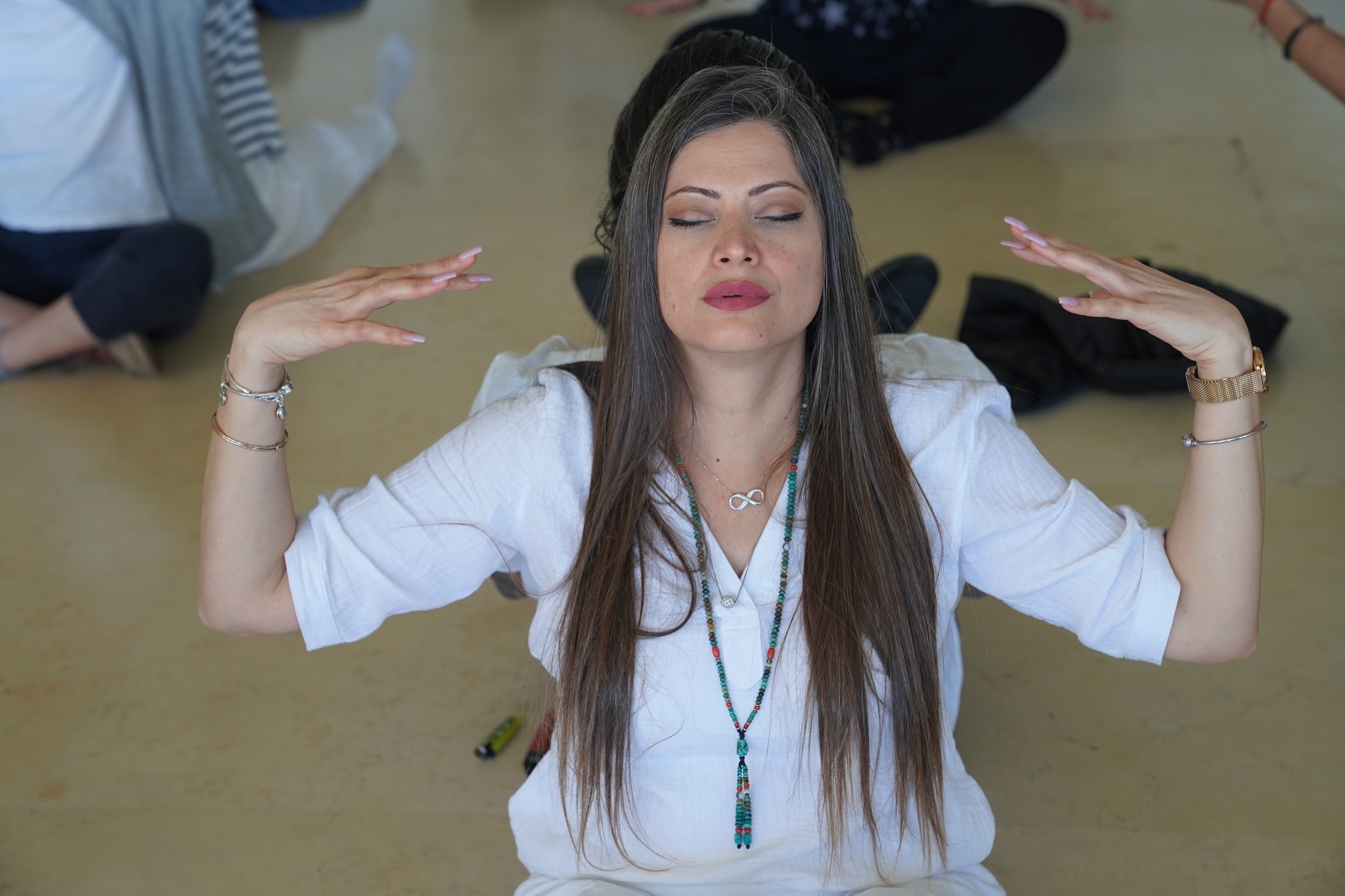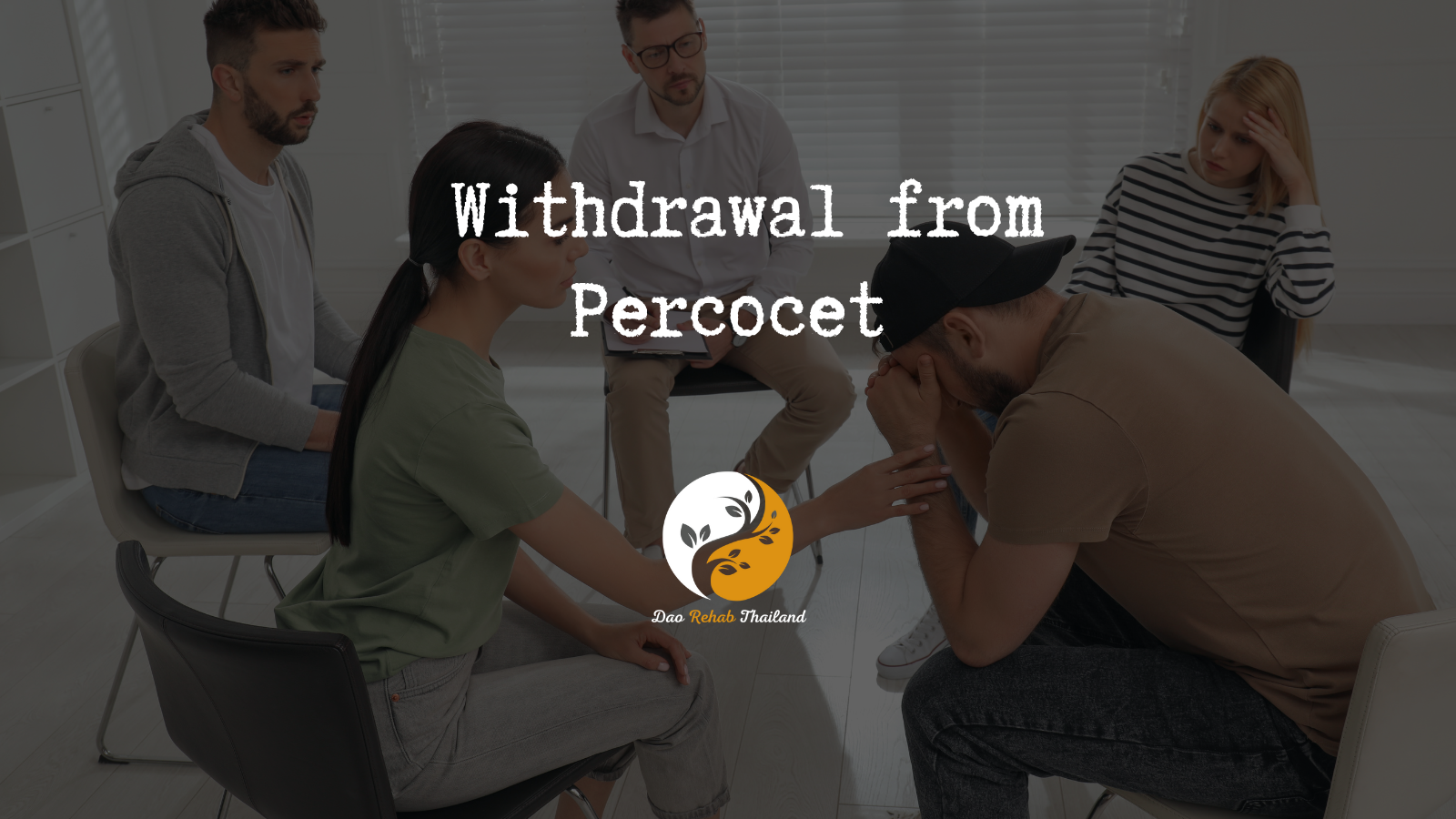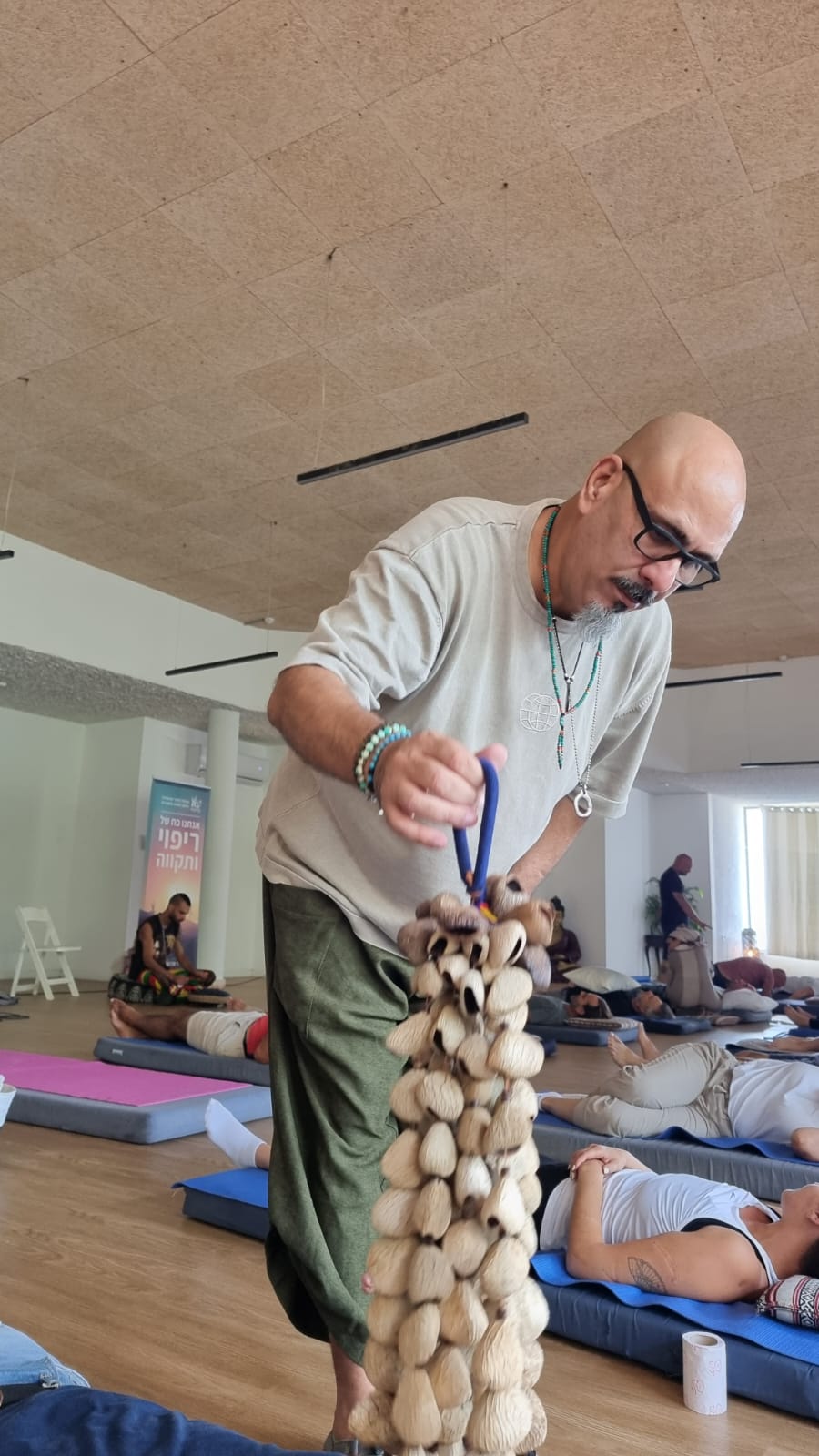
Recovery Comes First – Treatment in Thailand
Recovery Comes First
dao rehab center

Recovery Comes First is a core principle in Narcotics Anonymous
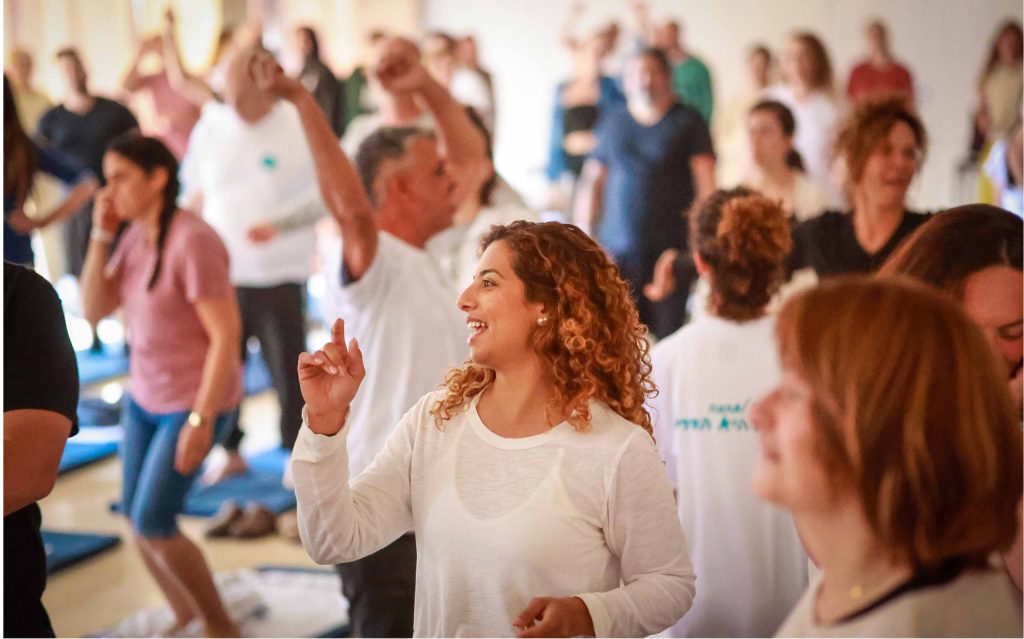
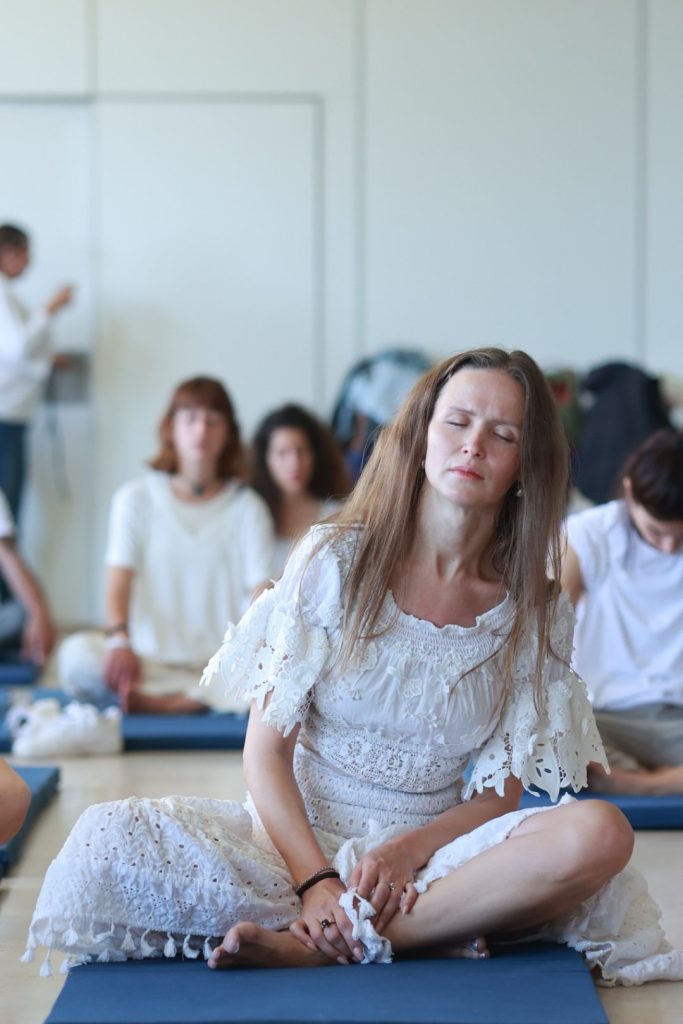

Recovery Comes First is a core principle in Narcotics Anonymous (NA) that emphasizes the priority of personal and collective recovery over all other considerations. This idea is reflected in many aspects of NA’s philosophy and practices, as it ensures that the primary focus remains on helping addicts recover from the disease of addiction. Here’s how this principle manifests in NA:
Your recovery,
is in our hands
The entire team of experts at Dao-Therapy Rehab Thailand is at your service for any matter related to trauma and addiction recovery in Thailand.
daotherapy
Primary Purpose:
NA’s primary purpose, as outlined in the Fifth Tradition, is to carry the message of recovery to the addict who still suffers. This mission is central to all NA groups, committees, and services, ensuring that everything done within the fellowship is aligned with helping addicts find and maintain recovery.
Focus on Personal Recovery:
For members, recovery always comes first. It’s encouraged that personal well-being, growth, and abstinence from drugs take precedence over other areas of life, such as work, relationships, or external concerns. Members are reminded to prioritize their recovery because without it, other areas of their life may not improve. Regular attendance at meetings, working the Twelve Steps, and building supportive relationships through sponsorship are essential components of putting recovery first. NA encourages members to stay connected to the fellowship and engage in ongoing self-reflection and growth.
Service Structure’s Focus on Recovery:
Within NA’s service structure, whether at the group, area, regional, or world level, recovery is always prioritized. Service efforts, including organizing meetings, outreach to hospitals and institutions, or creating literature, are centered on helping members achieve and maintain a clean and sober lifestyle. Even in administrative tasks or decisions, the question of how it will impact the recovery of members or newcomers is central. If a policy, decision, or action does not serve the primary purpose of aiding recovery, it is often reconsidered.
Anonymity and Inclusivity:
NA emphasizes that recovery is open to all who seek it. Anonymity ensures that personal identity does not interfere with recovery, allowing members to focus solely on staying clean. There is no judgment or status within NA, only a shared goal of recovery. The principle of anonymity also means that the fellowship focuses on the collective recovery process rather than individual accomplishments, keeping the focus on mutual support.
Recovery Comes First
Recovery and spirituality must always be a person’s top priorities, above anything else in life. This is the central insight conveyed by Dr. Avraham Mizrahi in his course on the 12-Step Program. When recovery comes first, every day is a success, even if it’s filled with challenges and difficulties. However, most people struggle to set the right priorities and place recovery at the top of their list, as society and culture glorify material achievements, creating the illusion that they are the most important thing.

Recovery Comes First
By: Dr. Avraham Mizrahi
Recovery and spirituality must always be at the top of a person’s priorities, above anything else in life. This is the central insight conveyed by Dr. Avraham Mizrahi in his course on the 12-Step Program. When recovery is prioritized, every day is a success, even when filled with challenges and difficulties. However, most people struggle to set the right priorities and place recovery first, as society and culture glorify material achievements, creating the illusion that they are the most important.
In fact, human beings are primarily a soul, with the body being merely a temporary vessel. Therefore, it is important to listen to our spiritual needs and give them precedence over material concerns. When the soul comes first, nothing material can truly harm a person. Humans are far more thirsty for love, compassion, and genuine human connection than for external success and achievements.
However, the world around us constantly tries to divert our attention away from what truly matters. Therefore, self-awareness and discipline are required to maintain the right priorities. Those who place spiritual principles at the top of their value system are promised lives full of meaning, purpose, and deep internal fulfillment.
To strengthen recovery and spiritual progress, it is important to surround ourselves with people and environments that understand and support our personal journey. We must avoid situations, places, and influences that could pull us back into destructive behaviors and prioritize actions that strengthen our connection to our true selves.
The recommendation is to look inward and honestly ask ourselves: Are we truly placing recovery at the top of our priorities? What steps can we take to deepen our commitment to the spiritual path? How will we cope during moments of crisis and relapse? And what will help us keep the fire of personal progress burning even when life is challenging and distracting?
In conclusion, the key to a fulfilling and meaningful life lies in the ability to prioritize recovery and the soul above everything else. It is a daily choice that requires awareness, intention, and consistent action. But when recovery is the top priority, even the greatest challenges become opportunities for growth, and true satisfaction always resides within, regardless of external circumstances. This is an invitation for every person to live a connected, authentic, and inspired life.
Recovery and spirituality should always be at the top of a person’s priorities, above everything else in life. This is the central insight conveyed by Dr. Avraham Mizrahi in his course on the 12-Step Program. When recovery is placed first, every day is a success, even if it is filled with challenges and difficulties. Focusing on recovery allows a person to reconnect with their true self, discover their inner strengths, and derive deeper meaning from every moment of life.
**Recovery as the Key to a Meaningful Life**
Recovery is more than just overcoming addiction or healing from trauma; it is the key to living a life filled with purpose and meaning. In the framework of Narcotics Anonymous (NA) and the 12-Step Program, recovery is a transformative process that goes beyond abstinence. It encompasses spiritual, emotional, and personal growth, leading to a deep connection with oneself and the world around us.
When recovery is prioritized, it serves as the foundation upon which every other aspect of life is built. It helps individuals reconnect with their authentic selves, allowing them to experience genuine fulfillment and peace. Through the process of recovery, people learn to face life’s challenges with resilience and view each obstacle as an opportunity for growth rather than a setback.
The 12-Step Program emphasizes the importance of honesty, open-mindedness, and willingness. These principles encourage individuals to let go of past behaviors and beliefs that no longer serve them, enabling them to rebuild their lives in a way that aligns with their deepest values and aspirations.
In recovery, individuals also develop meaningful relationships with others. The fellowship of NA provides a supportive community where members share their experiences, strength, and hope with one another. This sense of connection fosters empathy, understanding, and a shared commitment to healing, further deepening the sense of purpose that comes from helping others along the same journey.
Ultimately, recovery offers a path to a life of integrity, joy, and inner peace. It is not just about surviving but thriving and finding meaning in every experience. By making recovery the cornerstone of one’s life, individuals can unlock a life of true significance, where each day is an opportunity to grow, give, and live authentically.
Recovery, then, is the key that opens the door to a life full of meaning, purpose, and deep, lasting fulfillment.
However, most people struggle to set the right priorities and place recovery at the top of their list because society and culture glorify material achievements, creating the illusion that they are the most important thing. We live in a world that promotes competitiveness, obsessive consumption, and an endless pursuit of status and power. From childhood, we are taught that our self-worth is determined by external success—how much money we earn, our social status, appearance, and the possessions we accumulate. But this chase never truly satisfies us, because it is disconnected from our true essence.
The Obstacles on the Path to Recovery
The journey of recovery is often filled with obstacles that can make the process challenging, but recognizing and understanding these barriers is essential for overcoming them. Here are some common obstacles that individuals may face on the path to recovery:
1. Denial:
One of the first and most significant obstacles is denial. Many individuals struggle to admit that they have a problem, whether it’s with addiction or other destructive behaviors. This refusal to acknowledge the issue can prevent them from seeking the help they need to begin the recovery process.
2. Fear of Change:
Recovery requires significant changes in lifestyle, habits, and relationships. The fear of the unknown or the fear of failing can create resistance to embracing these changes. People often cling to familiar, even if harmful, patterns because they feel safer than the uncertainty of change.
3. Shame and Guilt:
Many individuals in recovery carry deep feelings of shame and guilt about their past actions. These emotions can become overwhelming and lead to self-sabotage. Without addressing these feelings, they can hinder progress and make it difficult for the individual to move forward.
4. Lack of Support:
Recovery is not something that can be done alone. A lack of support from family, friends, or a recovery community can make the journey much harder. Without a strong support network, individuals may struggle to stay committed and motivated to their recovery.
5. Old Environments and Relationships:
Returning to old environments or toxic relationships that fueled addictive behaviors is a common obstacle in recovery. These triggers can make it difficult to maintain sobriety and can pull individuals back into destructive patterns.
6. Emotional Triggers:
Stress, anger, loneliness, or even boredom can act as emotional triggers that lead to relapse. Learning how to manage these emotions in healthy ways is a critical part of the recovery process, but it can be difficult without the right tools and strategies.
7. Unrealistic Expectations:
Recovery is a long and gradual process, but many individuals expect immediate results. When progress is slower than expected, frustration can lead to discouragement and potentially giving up on the process altogether.
8. Co-occurring Mental Health Issues:
Many individuals in recovery also suffer from mental health issues like depression, anxiety, or trauma. If these conditions are not addressed alongside the addiction, they can complicate the recovery process and increase the risk of relapse.
Overcoming the Obstacles:
Successfully overcoming these obstacles requires self-awareness, determination, and often, external support. Engaging in a structured recovery program like the 12 Steps, participating in counseling, and building a supportive community can help individuals address these challenges. Recognizing the obstacles and having a plan to deal with them increases the chances of a successful and lasting recovery.
By understanding that these obstacles are part of the process, individuals can approach their recovery with patience, resilience, and a commitment to long-term healing.
In fact, human beings are, first and foremost, a soul, and the body is merely a temporary vessel. This is a profound spiritual concept shared by the world’s wisdom traditions and various religions. The soul is our eternal essence, the divine part that connects us to something beyond ourselves. When we connect with the soul, we discover that it holds all the answers, guidance, and wisdom we need. Therefore, it is important to listen to our spiritual needs and give them precedence over material concerns. The soul always knows how to guide us on the right path, even when the mind is confused or fearful.
**The Soul as an Inner Compass**
The soul acts as our inner compass, guiding us toward what truly matters in life. While external influences often pull us in various directions, creating confusion and doubt, the soul provides a steady and authentic sense of direction. It connects us to our core values, desires, and purpose, helping us differentiate between superficial distractions and what genuinely fulfills us.
When we listen to our soul, we tap into a deeper wisdom that transcends the fleeting allure of material success, status, or external validation. The soul knows that true happiness comes from within—from love, compassion, spiritual growth, and meaningful connections with others. It is through aligning our actions with this inner compass that we find peace, balance, and a life filled with purpose.
In recovery, reconnecting with the soul helps individuals restore their sense of self. It allows them to rediscover their inner strength, to trust their own judgment, and to follow a path that leads to lasting fulfillment. The journey of recovery becomes not just about overcoming addiction or trauma but about embracing a life that is in harmony with one’s true essence.
By following the guidance of the soul, we can navigate life’s challenges with clarity and resilience, knowing that we are on the right path—one that leads to inner peace, spiritual awakening, and a deeper connection to ourselves and the world around us.
When the soul is placed first, no material thing can truly harm a person. This doesn’t mean that recovery is an easy path or that it is free from pain. However, when we are willing to face our vulnerabilities and fears, a door to accelerated personal growth opens before us. The moment we accept the fact that we are not perfect and that we have much to learn, we can finally set aside our defenses, the need for control, and the overpowering ego. Suddenly, we find ourselves with much more inner space to embrace, feel, and love.
**The Power in Acknowledging Vulnerability**
Recognizing and embracing vulnerability is a profound source of strength. While society often teaches us to equate vulnerability with weakness, the truth is that acknowledging our fragility is one of the most courageous things we can do. It is through vulnerability that we connect more deeply with ourselves and others, opening the door to healing, growth, and authentic relationships.
When we allow ourselves to be vulnerable, we break down the walls of pride, ego, and fear that often hold us back. In recovery, this is especially powerful. Admitting our vulnerabilities—our struggles, fears, and weaknesses—allows us to seek help, share honestly, and connect with those who understand our journey.
Vulnerability fosters empathy and compassion, both toward ourselves and others. By being open about our own imperfections, we invite others to do the same, creating a space for mutual support and understanding. It is in this shared vulnerability that true human connection is formed, and healing becomes possible.
In essence, acknowledging vulnerability is not about exposing weakness, but rather about accepting our humanity. It allows us to grow stronger, not by denying our challenges but by facing them head-on, knowing that through this openness, we can access the resilience and support needed for personal transformation.
Humans are far more thirsty for love, compassion, and genuine human connection than for external success and achievements. We are social beings who need a sense of belonging and acceptance in order to thrive. When we connect with our spiritual essence, we realize that it is shared by all human beings. We all have the same aspirations, fears, and longings. The masks and fronts we present to the outside world begin to fade, and we can see each other as equals, recognizing the beauty and equality of the soul. This allows us to form healthy, nourishing relationships and to feel support and warmth along the way.
**The Human Need for Genuine Connection**
At the core of our being lies an inherent need for genuine connection. Despite the distractions and superficial interactions that modern life often promotes, human beings are wired for deep, meaningful relationships. True connection goes beyond mere socializing; it is about being seen, understood, and valued for who we truly are.
In recovery and in life, this need for connection becomes even more apparent. When we connect with others in an authentic way, it fosters a sense of belonging, safety, and emotional support. This type of connection allows us to share our vulnerabilities without fear of judgment, to offer and receive empathy, and to build a foundation of trust that nurtures our growth.
Genuine connection is also essential for healing. It is through real, honest relationships that we can reflect on ourselves, learn from others, and feel supported in our challenges. Whether it’s with a sponsor, a close friend, or a group of peers, these connections remind us that we are not alone in our struggles and that we have a community that cares.
Ultimately, the human need for true connection is about embracing our shared humanity. When we allow ourselves to connect with others in a deep, authentic way, we enrich our lives with compassion, understanding, and love—qualities that bring lasting fulfillment and meaning.
However, the world around us constantly tries to pull our attention away from what truly matters. We are bombarded by endless stimuli—loud advertisements, phone notifications, and social media alerts. All of these compete for our most valuable resource: our attention. When we direct our focus outward, to fleeting external things, we inevitably disconnect from our inner world, the space of the soul. The result is a persistent feeling of emptiness, loneliness, and dissatisfaction.
Therefore, awareness and self-discipline are required to maintain the right priorities. When recovery and spirituality are at the forefront, we choose to invest our time and energy primarily in nurturing our relationships with ourselves, with those around us, and with a higher power, however we choose to define it. This demands daily practice, inner exploration, sharing, and transparency with others. It often means letting go of the comfort and security of old habits and stepping into the unknown. Yet, the reward for this persistence is the freedom to truly be who we are.
**The Importance of Self-Discipline**
Self-discipline is a crucial element in maintaining focus on what truly matters, especially in a world filled with distractions and temptations. It is the key to making consistent progress in personal growth, recovery, and spiritual development. Without self-discipline, even the best intentions can falter, and we may find ourselves drifting away from our goals and values.
In recovery, self-discipline helps individuals stay committed to their journey, even when the path becomes difficult. It allows for the cultivation of healthy habits, the avoidance of harmful behaviors, and the ability to resist short-term temptations in favor of long-term well-being. It is through discipline that we can maintain the practices that nurture our connection to the soul, such as meditation, mindfulness, or attending regular support meetings.
Self-discipline also plays a vital role in spiritual growth. It helps us prioritize inner work over external distractions, ensuring that we dedicate time and energy to reflection, self-awareness, and the pursuit of deeper truths. Discipline provides the structure needed to stay on course, even when challenges arise or motivation wanes.
Ultimately, self-discipline creates the foundation for a life of purpose and fulfillment. It allows us to break free from automatic reactions, gain control over our impulses, and stay aligned with our highest values. By practicing self-discipline, we empower ourselves to live in harmony with our true selves, regardless of the noise and distractions around us.
Those who place spiritual principles at the top of their value system are guaranteed lives filled with meaning, purpose, and deep inner fulfillment. Everything that life brings becomes an opportunity to learn, grow, contribute, and share. Even the toughest challenges take on new meaning when we realize they are actually catalysts for growth and a way to deepen our understanding of ourselves. When we stop resisting reality and embrace it as our greatest teacher, the entire world becomes a school, and life is an extraordinary, never-ending lesson.
**Life as an Opportunity for Learning and Growth**
Life offers us countless opportunities for learning and growth, often in the most unexpected ways. Every experience, whether joyful or painful, provides valuable lessons that shape who we are and how we navigate the world. When we view life through the lens of growth, even challenges and setbacks become opportunities for personal development, self-awareness, and resilience.
In recovery and in spiritual practice, this perspective is crucial. Instead of seeing difficulties as failures or misfortunes, we begin to understand them as part of a larger journey toward becoming our true selves. Mistakes, struggles, and even moments of doubt can teach us patience, humility, and compassion—both for ourselves and for others.
By embracing life as a continuous process of learning, we shift from a mindset of fear and resistance to one of curiosity and openness. Each day becomes a chance to deepen our understanding, refine our character, and strengthen our connection to ourselves, others, and the world around us.
This approach allows us to face life’s unpredictability with grace, knowing that every experience, good or bad, contributes to our growth. It encourages us to take risks, to step outside our comfort zones, and to embrace change, knowing that it is all part of our evolution. Ultimately, when we see life as an ongoing opportunity for learning and growth, we are empowered to live with purpose, authenticity, and a sense of inner peace.
The recommendation is to look inward and ask ourselves honestly: Are we truly putting recovery at the top of our priorities? What steps can we take to deepen our commitment to the spiritual path? How will we handle moments of crisis and relapse? And what will help us keep the fire of personal progress alive even when life is challenging and distracting? The answers to these questions will vary from person to person, and there is no universal magic formula. However, the act of self-reflection and inner listening sharpens our intuition, that inner sense that always knows the way. Every moment offers a renewed choice, an opportunity to return to the path, and to once again embrace the right priorities.
**Moment-by-Moment Choice**
Life is a series of choices made moment by moment. Each decision, no matter how small, shapes the direction of our journey and influences the quality of our inner and outer lives. When we become aware of this, we realize the power we hold in each moment to choose our thoughts, actions, and responses in alignment with our deepest values and goals.
In recovery and spiritual growth, this awareness is essential. Every day, we are faced with choices—whether to dwell in fear or trust, to react with anger or compassion, to cling to old patterns or embrace change. These momentary choices accumulate and determine the course of our lives, making them either more fulfilling or more burdensome.
By practicing mindfulness and staying present, we gain the ability to consciously choose our responses, rather than being driven by automatic reactions. We learn to pause, reflect, and ask ourselves: Is this choice serving my highest good? Is it in alignment with my spiritual principles? Over time, these mindful decisions lead to a life of purpose, clarity, and peace.
Moment-by-moment choices allow us to live intentionally, fully aware that each moment is an opportunity to grow, heal, and move closer to our true selves. Through these small but significant decisions, we shape a life that reflects our inner truth and deepest desires.

contact us
Contact us with your questions
We would love to speak with you! Feel free to reach out with any questions.

get in touch
Schedule a free consultation
Schedule a free consultation with our team and let’s make things happen!
Learn from the best professionals.
The DaoTherapy Academy for Trauma and Addiction Studies.
A journey of healing and conscious transformation through the 12 Steps with DaoTherapy.
Our process
We combine the traditional 12-Step method with a holistic approach rooted in DaoTherapy principles, which includes meditation, yoga, mindfulness, and emotional work. Participants embark on a personal journey of self-discovery and healing, exploring spiritual principles and practical tools for facing life’s challenges, building inner resilience, and maintaining mental balance.
Our mission
To provide practical and spiritual tools to anyone seeking meaning, feeling stuck, or facing a spiritual or emotional crisis, as well as those dealing with addictions and trauma. These tools are based on the principles of the 12 Steps and the holistic DaoTherapy approach. Our mission is to guide participants through a personal healing process and foster profound conscious transformation.
Our vision
Creating a world where individuals struggling with addictions and trauma, along with their families, can find a path to healing, personal growth, and spiritual awakening. We are committed to integrating ancient philosophies with modern principles of emotional therapy, crafting a holistic approach that unites body, mind, and spirit. Our vision is to guide participants on a journey toward inner healing and profound transformation.
If you would like to know more about taotherapy Trauma and Addiction Treatment Center in Thailnd, feel free to drop us a quick message here. Coming to Taotherapy is more than just recovery. You will find support here for life. Even after completing treatment, we offer support groups for continuing support on your journey.
Welcome to the journey
Alcohol detox at Tao Rehab Thailand
“Break free from alcohol addiction and rediscover your life in the tranquil embrace of Tao Rehab Thailand—where holistic healing meets transformative recovery.”
Why Dao-Therapy
Rehab in Pranburi?
Trauma and Addiction Treatment in Thailand – A New Beginning for a Healthy Life
If you are looking for a rehab center in Thailand that offers a holistic approach and high-quality facilities, Tao Rehab is the right choice for you. Join us in a place where you will find all the tools you need for genuine rehabilitation and the creation of a new life filled with meaning and peace. Contact us today to begin your personal journey of healing and recovery from addiction and trauma.
haven for those
seeking recovery
Nestled in the serene surroundings of Pranburi, Dao-Therapy Rehab offers a tranquil haven for those seeking recovery. Pranburi, with its stunning coastal views and peaceful atmosphere, is an ideal location for deep healing and transformation. Our center is designed to blend seamlessly with the natural beauty of the area, creating a serene environment where clients can focus on their recovery. At DaoTherapy Rehab, we combine the best of holistic therapies with the proven success of the 12 Steps program. Our team includes some of the most skilled therapists and practitioners, all dedicated to guiding our clients through their journey of healing. Surrounded by the calm of nature, clients benefit from a uniquely tailored program that addresses the physical, emotional, and spiritual aspects of recovery. Pranburi is not just a place to heal; it’s a place to renew, restore, and reclaim your life.
what makes us different in dao-rehab
Innovative Therapies:
We integrate cutting-edge therapeutic techniques with traditional practices to offer a holistic and comprehensive treatment experience. From the latest advancements in behavioral therapy to innovative mindfulness practices, we are constantly evolving our methods to ensure the highest standard of care.
Creative Expression:
We encourage creative expression as a vital part of recovery. Through art therapy, music, writing, and other creative outlets, our clients are able to explore their emotions, gain new insights, and discover inner strengths. These activities not only support emotional healing but also foster a sense of empowerment and self-discovery.
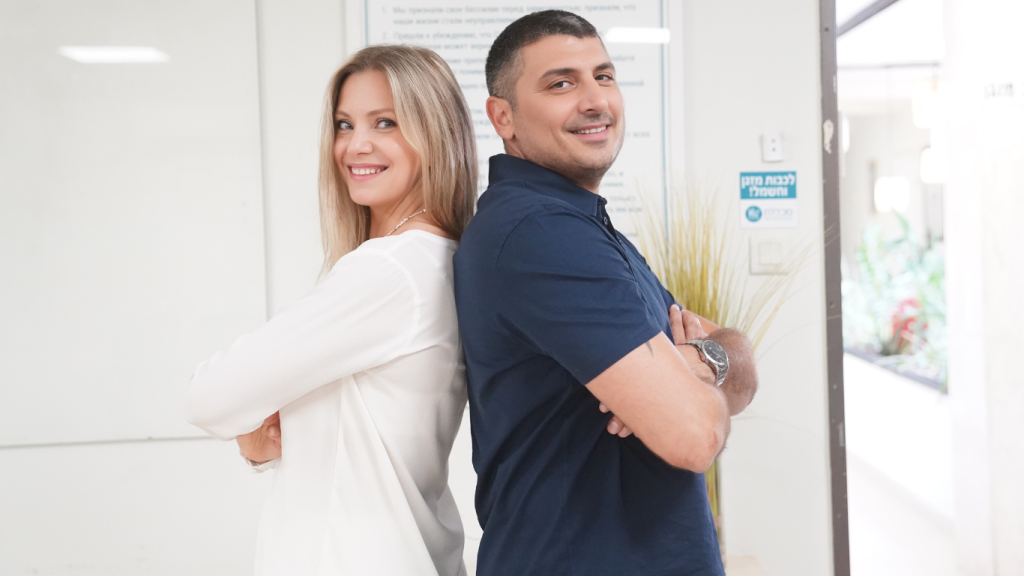
We Are a Role Model
At DaoTherapy Rehab Thailand, we see ourselves as a role model in the field of rehabilitation and addiction treatment. Our expertise, combined with our holistic and innovative approach, sets us apart as leaders in the industry. We uphold the highest standards of care and are dedicated to providing each client with the tools they need to live a full, balanced, and meaningful life. Our commitment to continuous improvement, attentive care for each individual's needs, and the use of cutting-edge treatment methods establish us as a role model in addiction treatment.
Radical Acceptance
Radical Acceptance is a key concept at DaoTherapy Rehab Thailand, where we encourage individuals to fully embrace their reality without resistance. By acknowledging and accepting even the most difficult emotions and situations, clients can release the struggle against what cannot be changed and focus on healing. This practice, integrated into our therapy and mindfulness sessions, empowers individuals to move forward with greater peace and resilience.









